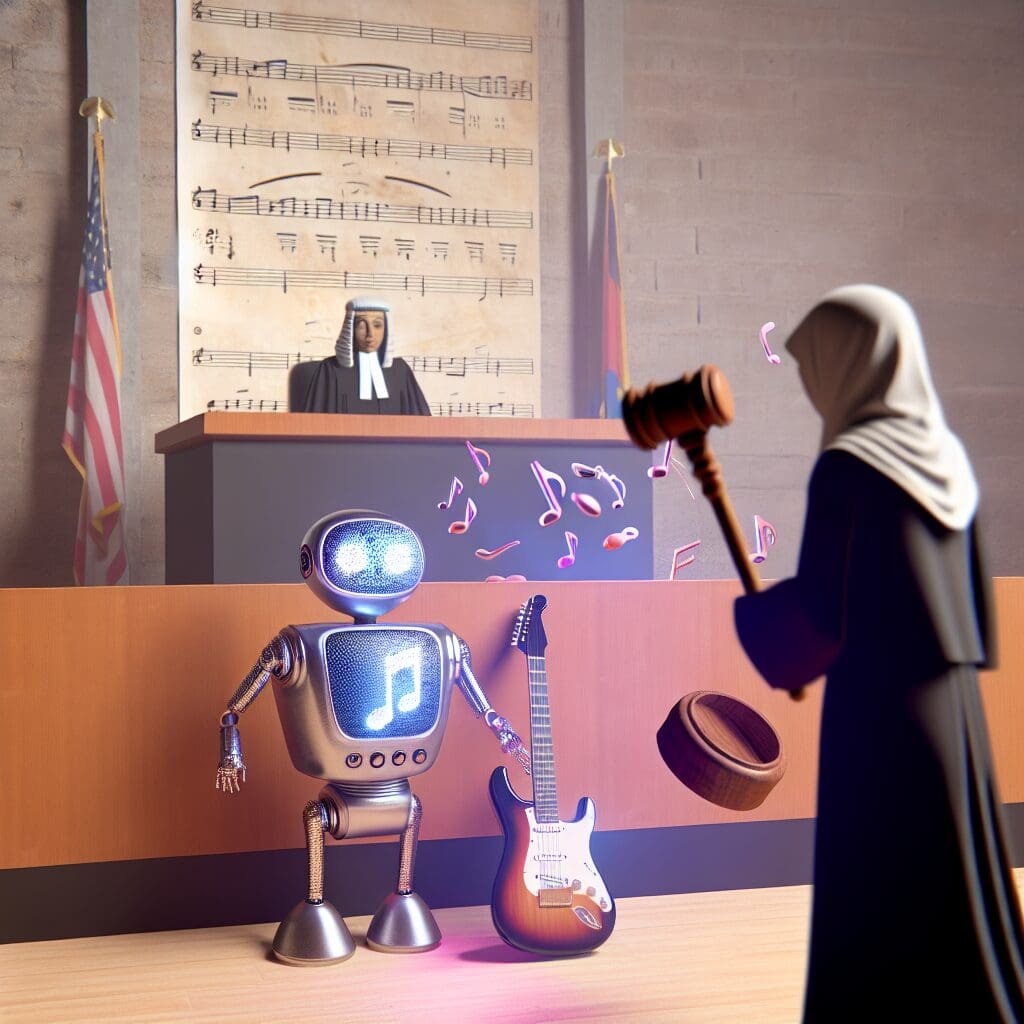The rise of artificial intelligence (AI) in music production is generating considerable debate within the industry, particularly around issues of copyright and creativity. Musicians like Tift Merritt have publicly voiced concerns that AI platforms are creating imitations of their work without proper authorization, leading to claims that these practices amount to theft rather than transformation.
This legal conflict arises from AI’s capability to analyze existing musical compositions, learning from them to generate new pieces. While some argue that AI’s output can introduce fresh ideas and perspectives, others believe it undermines the originality and authenticity that define true musical artistry. In the case of Merritt, she articulated that AI’s imitation of her distinct style poses significant risks to individual creators seeking to make a living from their craft.
Numerous lawsuits have emerged against AI platforms, challenging the legality of using copyrighted material for training AI systems. These challenges stress the need for clear regulations that protect artists’ rights while fostering innovation. This ongoing discourse highlights a crucial intersection where technology meets ethics in the music industry. As the legal landscape continues to develop, it will be essential for creators and platforms to find common ground that respects artistic integrity while leveraging the benefits that AI can offer. The outcome of these legal scenarios may shape the future of music production significantly, determining how technology and creativity coexist.












